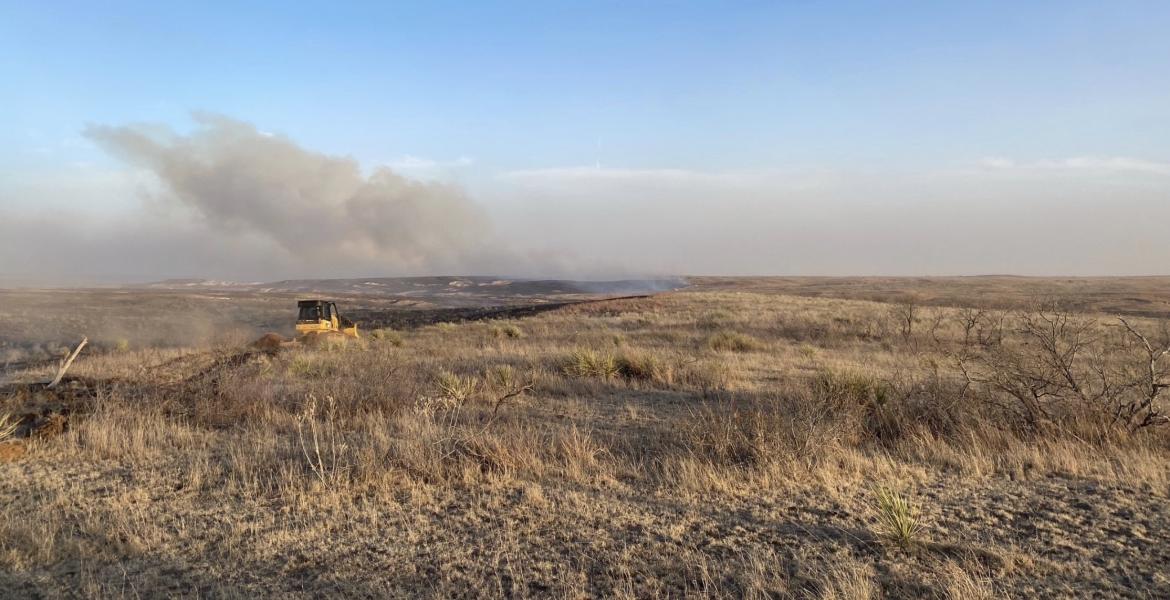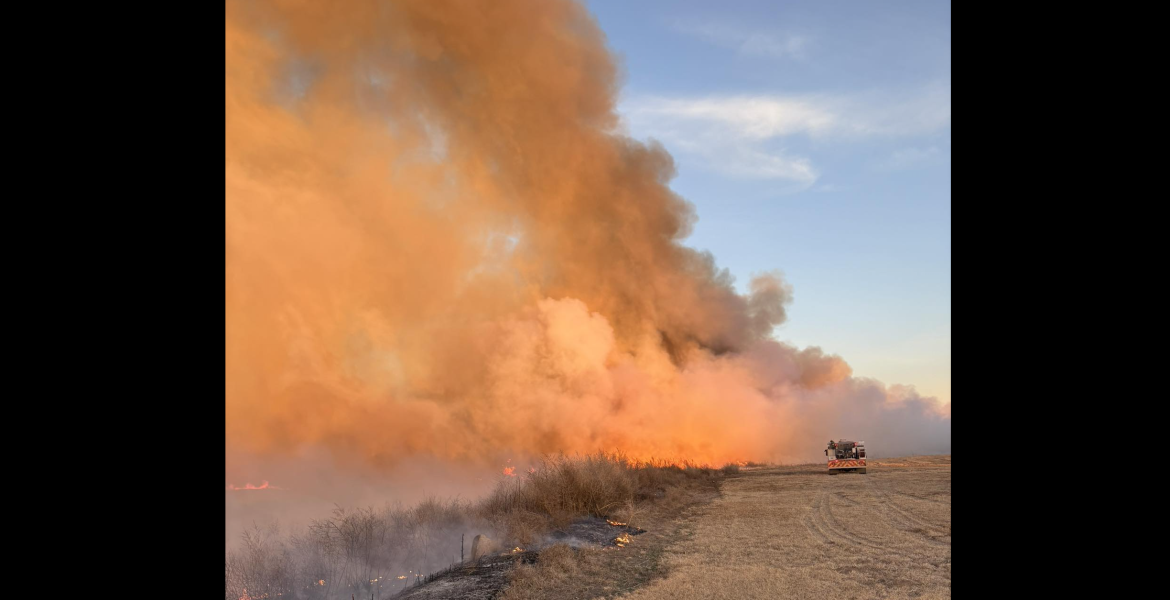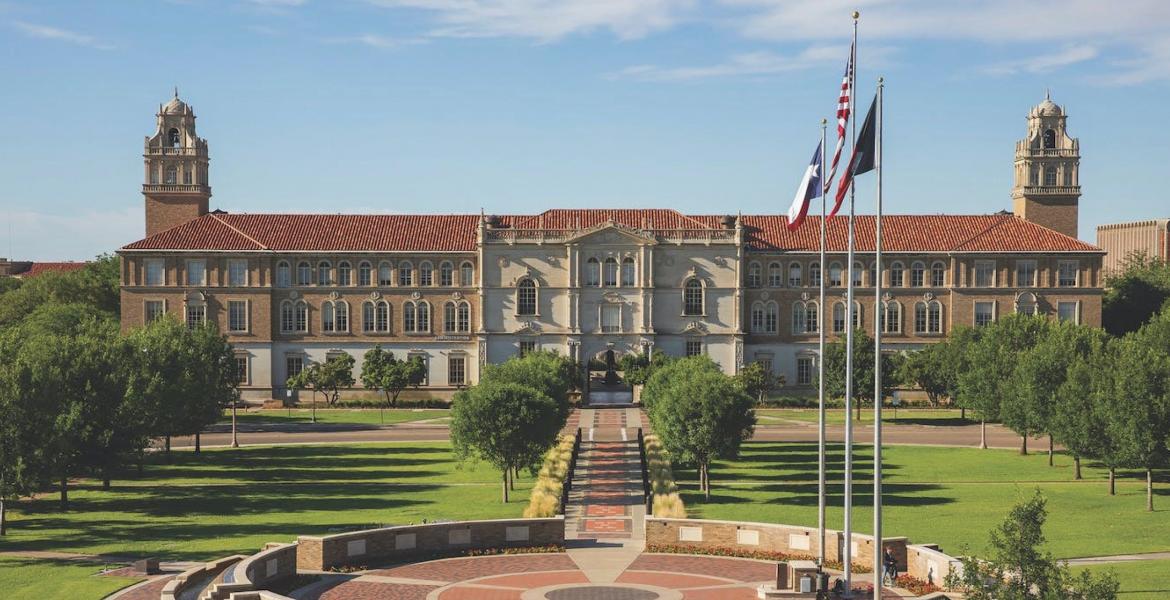Recently, a new history textbook was submitted to the Texas State Board of Education, and it's created an uproar. The "Mexican American Heritage"(MAH) history book, because of its content, has stirred up quite a bit of controversy throughout the Hispanic community.
Originally, the MAH book was submitted for Proclamation 2017.
"Every year, or possibly every other year, the State Board of Education puts forward a call for instructional materials; [this] is called a proclamation" said Lauren Callahan, Information Specialist for the Texas Education Agency (TEA).
The MAH history book has had conflicting views among the public. Some have called the book racist whitewashing of history and textually incorrect. Other concerns that others reviewers have stated include:
- The assertion or implication that the term "Chicano" is/was widely adopted by Mexican-Americans.
- Chicanos adopted a revolutionary narrative that opposed Western Civilization and wanted to destroy the United States.
- Describing immigrants as "illegal" and bringing problems such as drugs, crime and exploitation to the United States.
Proclamation 2017 asks for instructional material for all courses in career and technical education and languages other than English. It also calls for materials for Special Topics in Social Studies, Algebraic Reasoning, and Statistics.
During the time of Proclamation 2017, any publisher can submit material as long as it meets 50 percent of the TEKS (Texas Essential Knowledge and Skills) for that subject. Proclamation 2017 material was due April 15, 2016.
After the due date, the Special Topics in Social Studies only received one piece of material for submission, the MAH history book.
As of now, all material is under review. The materials under review are located on TEA's website for the public to view. During the summer months, the public can view submitted material and create comments and concerns for the material that has been submitted.
To view the material that has been submitted click here. After opening the link, to view the list of books on the TEA website, click on the link that says "Proclamation 2017 Pre-Adoption Samples".
In September 2016, the State Board of Education will hold a public hearing. Typically this is the meeting that is held before any materials are adopted in November. This hearing will take place during the State Board of Education meeting in Austin, Texas, in the TEA building.
"People can talk about any material that has been submitted. Say [someone] finds a factual error in a book, they have the opportunity to bring that up," Callahan explained.
During the review process and hearing, all of the responsibility does not fall on the public to find factual errors. For each topic, a review panel has been formed to meet over the summer and review the materials that were submitted. The review panel consists of educators and community members who have been accepted through an application process.
Callahan said, "They will come up with factual errors. The majority of what they do, is they go through all of the TEKS for that subject area and they come up with a percentage of the TEKS that the material aligns to." After the review, the State Board will then do revisions to accommodate 100 percent of the TEKS.
Even after the revisions of a book and adoption, school districts can chose whether or not to accept new material into their curriculum.
"A district does not have to use any material that is on the list. A district can use any materials that they deem appropriate to educate students at each subject level, as long as they are teaching 100 percent of the TEKS," Callahan added.
Jamie Highsmith, public information officer for San Angelo ISD, explained that the San Angelo school district does not teach special topics; therefore, the San Angelo school district will not use the new history book that is under controversy.
Mario Castillo, founder of The Aegis Group, San Angelo native, and previous educator, had much to say after he reviewed th MAH book. To begin his overview, Castillo looked into the authors' qualifications.
The authors, Jamie Riddle and Valarie Angle both have LinkedIn postings. After a quick cursory review of the author, Castillo explained that he believes that neither of the authors are "academically qualified to write on Texas history, much less the Mexican-American experience in Texas and this group's contributions to Texas."
According to Angle's LinkedIn post, her educational experience is in Georgia, Virginia and none in Texas. Angle is not even an accredited historian; she is a former wellness expert. Riddle, on the other hand, has credentials in religious studies, but he is still not an accredited historian.
Castillo said, "Both writers, and their collaborators, are not to be taken for serious historians based on their inadequate academic credentials. They are impostors in their attempt to portray themselves as historians of note with respect to writing about Texas history and that of Mexican-Americans."
Now back to the concerns within the MAH book, Castillo noted that the assertion that "Chicano" is/was widely adopted by Mexican-Americans is false. He stated, "It was, and probably continues, to be a term more in use in California than in Texas. In Texas, we are Tejanos."
In the book, the authors wrote, "Chicanos, on the other hand, adopted a revolutionary narrative that opposed Western Civilization and wanted to destroy this society."
That was not the nature of the Chicano movement. Castillo said that the "Chicano Movement" was a "highly energized civil rights movement of youth who did not want to wait for the 'system' to correct years of wrong..."
Castillo, however, complimented the authors on the "regurgitation of well-known history of Hispano-America (the Spanish conquest, the Mexican Revolution, U.S./Mexican relations, ect.), [but] their lack of academic credentials and non-existent knowledge of the contributions in Texas' Mexican Americans is obvious."
He concluded, "I would not recommend the book for adoption principally because the authors lack academic credentials and/or life knowledge of the Mexican-American experience in Texas."
Subscribe to the LIVE! Daily
Required






Post a comment to this article here: